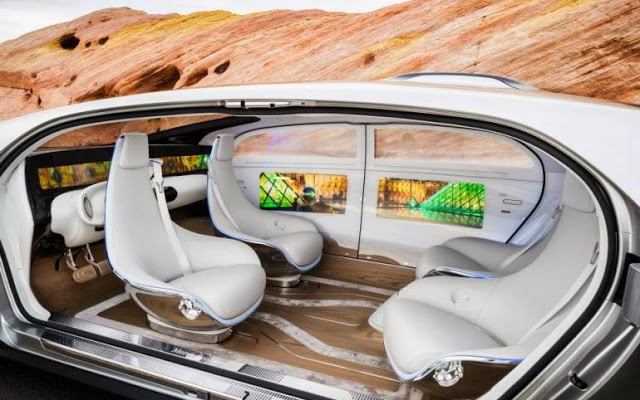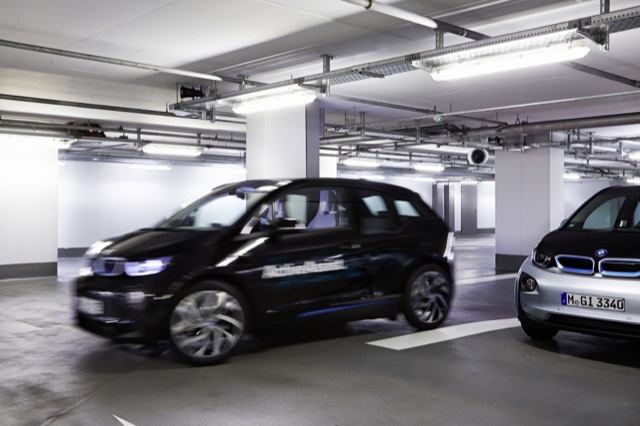Self-driving cars could “make congestion dramatically worse,” warns a headline in the Atlantic‘s CityLab. Simulations show that, if just 25 percent of cars on the road are self-driving, the article says, there will be a lot more delays at intersections.
It’s not surprising that the transit crowd would want to try to discredit the idea of self-driving cars, but this is a particularly pathetic attempt. The CityLab article is based on a study that assumed that, for the sake of passenger comfort, self-driving cars would be programmed to accelerate and decelerate no faster than a light-rail or intercity train. Such slow acceleration, the study found, would increase the time it would take cars to get through stop lights.
The study was seemingly done by people who haven’t ever seen a self-driving car in real life, or maybe any car. There’s an obvious difference between cars and trains: people stand up and walk around in trains, so acceleration and deceleration has to be slow. So far, no one has designed a self-driving tall enough to stand in, so there’s no need to cripple the cars that way.









